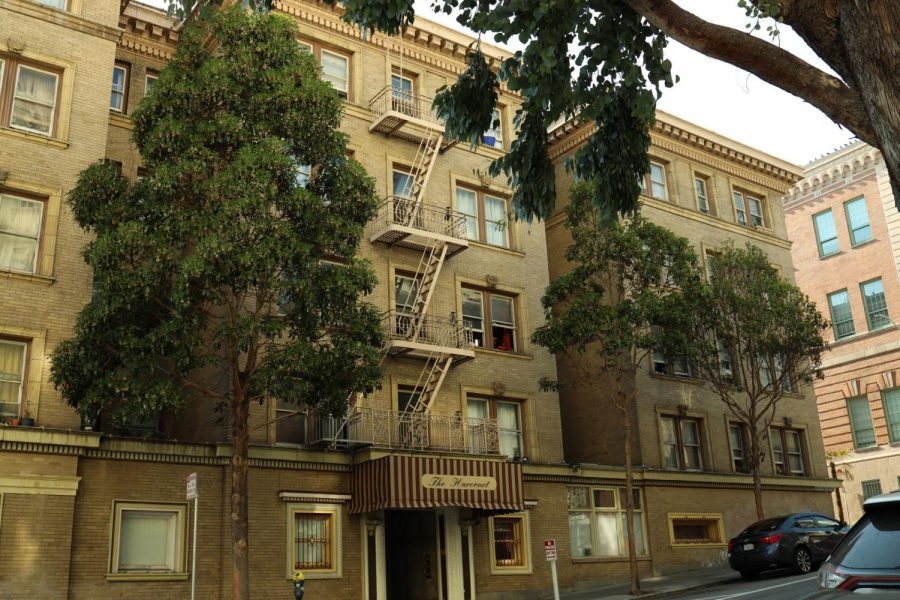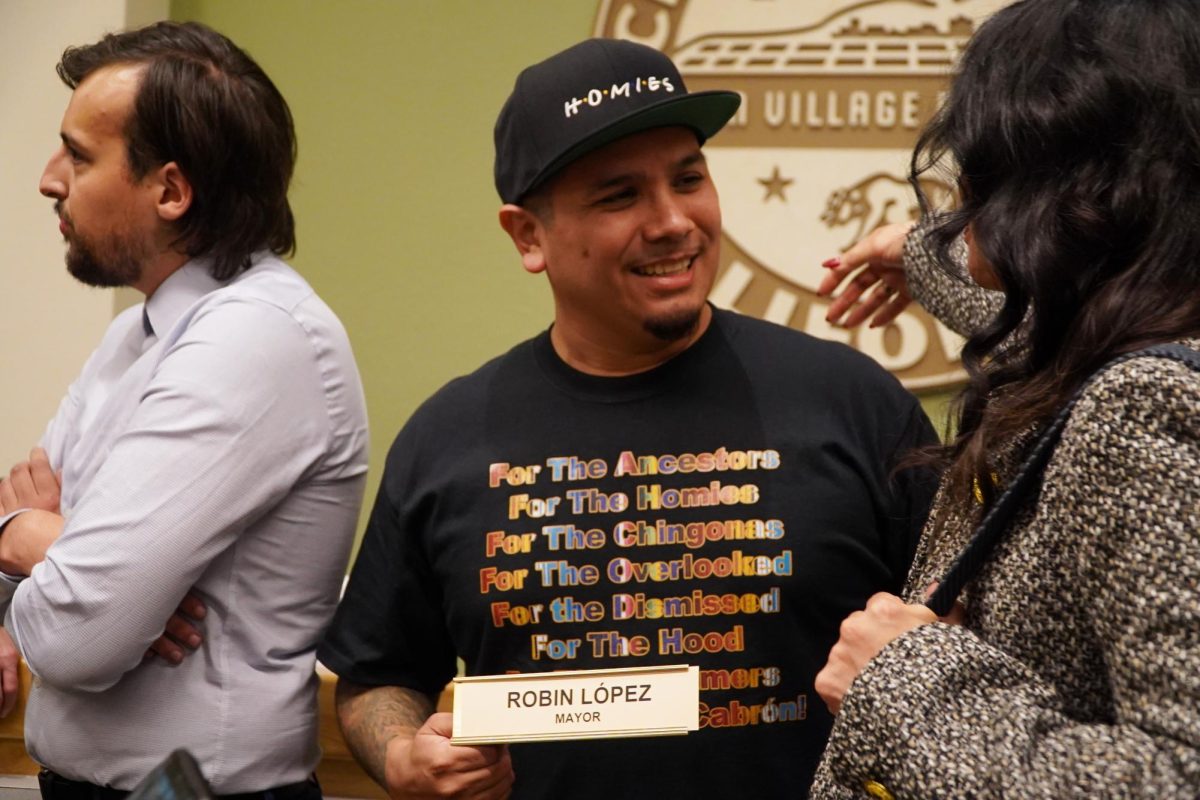A week after carving out an exemption for cannabis, San Francisco appeared ready to ban smoking within apartment buildings, but resident complaints influenced the Board of Supervisors to reverse its decision on Tuesday.
The officials voted 10-1 in favor of the restrictions a week ago, but the procedural second vote — a formality that rarely alters decisions — resulted in a 6-5 setback on the legislation. Opposing the reversal were Supervisors Norman Yee, Sandra Lee Fewer, Rafael Mandelman, Catherine Stefani and Ahsha Safaí.
With a second change of heart, District 10 Supervisor Aaron Peskin led the reversal to send the legislation back to the Public Safety and Neighborhood Services Committee, saying that residents in his district swayed his vote. He said most were elderly, long-term tenants with rent-control who worried about fines for their behavior despite no history of complaints from adjoining tenants.
Exempting marijuana, the legislation would have prohibited smoking in private units and common areas of housing complexes with three or more units. The fine for violating the legislation would have been $1,000 a day.
“I really am fearful that the unintended impacts could cause more harm to long-term tenants in my district and other districts,” Peskin said. “I also think there may be ways to fix this.”
City officials stated that the legislation intended to protect nonsmokers without a choice but to breathe the secondhand smoke permeating their apartment buildings.
“I actually think secondhand smoke in apartment buildings is a very real issue,” Fewer, a sponsor of the legislation, said in response to Peskin.
She said she’s heard complaints from many tenants in her district about secondhand smoke permeating their hallways and apartment buildings daily. She added that she has also walked in apartment buildings that smelled almost as if someone was smoking a cigarette in front of her.
Yee, whose office introduced the ordinance, said in a statement that the vote failed to prioritize the health of the city’s most vulnerable community members, specifically, children, seniors, pregnant individuals and people with existing health issues.
“Everyone should have the right to breathe safely in their own home especially during a time when we are sheltering-in-place,” Yee said in the statement.
Exposure to secondhand smoke contributes toward approximately 41,000 deaths of nonsmoking adults and 400 infant deaths each year, according to the Centers for Disease Control. Children exposed to it have an increased risk of sudden infant death syndrome, acute respiratory infections, more severe asthma, respiratory symptoms, middle ear disease and slowed lung growth, according to the CDC.
“There is no safe level of exposure to secondhand smoke, which causes cancer, lung disease, and harms brain and heart functions,” Yee added in the statement.
While landlords may restrict smoking through contracts, a relatively small number of long-term tenants who inherited their landlords lack that contractual provision. Most are elderly, fixed-income tenants, Peskin said.
Nonetheless, Yee, in his statement, bemoaned that his legislation was viewed as controversial.
“It is deeply unfortunate that policies seeking to protect our communities from the very real health impacts of secondhand smoke are so often viewed as controversial policies that attack the rights of those who smoke,” he said.







